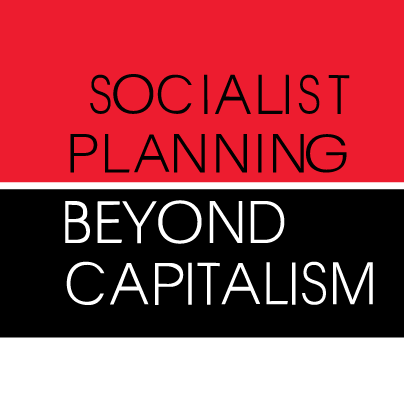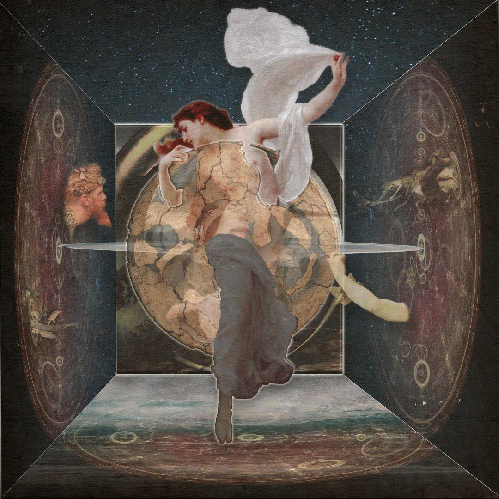Orientation
Why bother?
"Why should I care about the past? The past is over. What matters is the present and the future. Besides, the only people in the history books are usually kings, generals, or politicians. I could care less about them. What do they do? Fight wars? Attend Congress? Schmooze? History is about dead people and dead institutions. History has nothing to do with me, my family, or my friends. As for politics, I don't vote. Why bother? They don't represent me. Why should I care about their inaugurations, balls, and conferences? Why should I care for any of this? This has nothing to do with my life."
Whether or not this cynical view of history appears true has a great deal to do with the class location of the individual. People in the middle and upper classes might feel that wars, congresses, and their dates are important because they think we can learn from the past. They might say politicians and generals are more or less expressions of the popular will. "After all," they might say, "understanding history means knowing how human ideals and values have changed over time." After all," they may say, "we surely have come a long way since primitive times in terms of age longevity, medicine, and the power of tools."
My claim
The purpose of this article is to say that it is perfectly understandable that people who are working class and/or poor think studying history is a waste of time. But in large part that is because mainstream history is an ideological expression of the upper classes. What I hope to do is present an alternative view of history which is:
- Bottom up rather than top down,
- That is primarily made by working class people,
- Process driven, rather than event driven, and
- Is materialist oriented, with change being driven by population pressure and resource depletion, and class-struggle that that idealist oriented.
This understanding makes working class and poor people, (the people who don't vote) care about history.
History from the bottom up
Perhaps it seems reasonable that the study of wars, dates, and the lives of famous men might be irrelevant, not because the past itself is irrelevant, but because our view of the past is partial and skewed. Until recently, history books only described the actions of extraordinary people - kings, generals, heads of state, or scientific or artistic geniuses. This kind of history leaves the mundane life of the average person almost completely out of the picture. The contribution of the majority of people to the shaping of societies constitutes a history that is still in the process of being written. The history of class, ethnic, and gender struggles has surfaced in academia relatively recently and, though incomplete and still largely unknown to the general public, is now unavoidable in serious discussions about the past. While the "people's historians" offer an alternative view, it is not a monolithic one; they contest among themselves which events should be chosen for description and how those events should be interpreted.
These developments represent an important step forward. However, despite them, most people still fail to see the relevance of history to the present and the future. History seemed to be a subject that already happened. It is the imperfect record of an objective past that has occurred, has impacted us for better or worse, and seems to have vanished, giving us no further opportunity to modify it. Yet, what is missing is that past struggles between classes are like hot molten lava that becomes crystallized in the institutions of the present. In this sense the past is solidified in the present. Also, past struggles can be reinterpreted and reorganized, for better or worse, in terms of our present and future politics. All groups, both in power and struggling for power, reinterpret history in the service of their own cause. If that were not so, there would not be so many different interpretations of the same historical events. History is always political; it has never been the impartial study of objective events for its own sake.
The study of history can be subversive because it can expose the relativity of our most cherished institutions - private property, wage labor, institutionalized leadership, the virtue of acquisitiveness, individualism, and the worship of male deities. History can open up our imaginations by enabling us to learn from the beliefs and practices of early societies and, on the basis of what we have learned, reorganize our future. This subversive approach to history centers on a study of past problems for the purpose of understanding how the previous societies attempted to solve these problems - as well as on the unintended consequences which resulted from chosen solutions. Books by Jared Diamond like Guns Germs and Steeland Collapse: How Societies Chose to Fail or Succeed; and Yuval Noah Harari's book Sapiens: A Brief History of Humankind are examples.
Conversely, not knowing about the past leaves us vulnerable to the belief that the current order of things is more or less the way it has always been, and by implication, the way it will always be. It means our social problems today, social solutions, and the consequences which follow have seem to have no link to the past, leaving us robbed of the soil we grew out from.
Here, in summary, are the reasons for studying history I will attempt to show:
- it is mostly about the average person,
- it is mostly about the present and future,
- it is malleable and open to change,
- it exposes the relativity of our present institutions,
- it can help us to reorganize our present and future, and
- it reduces the chances of repeating past mistakes.
The Dimensions of Society
Next Page 1 | 2 | 3 | 4 | 5 | 6 | 7
(Note: You can view every article as one long page if you sign up as an Advocate Member, or higher).






